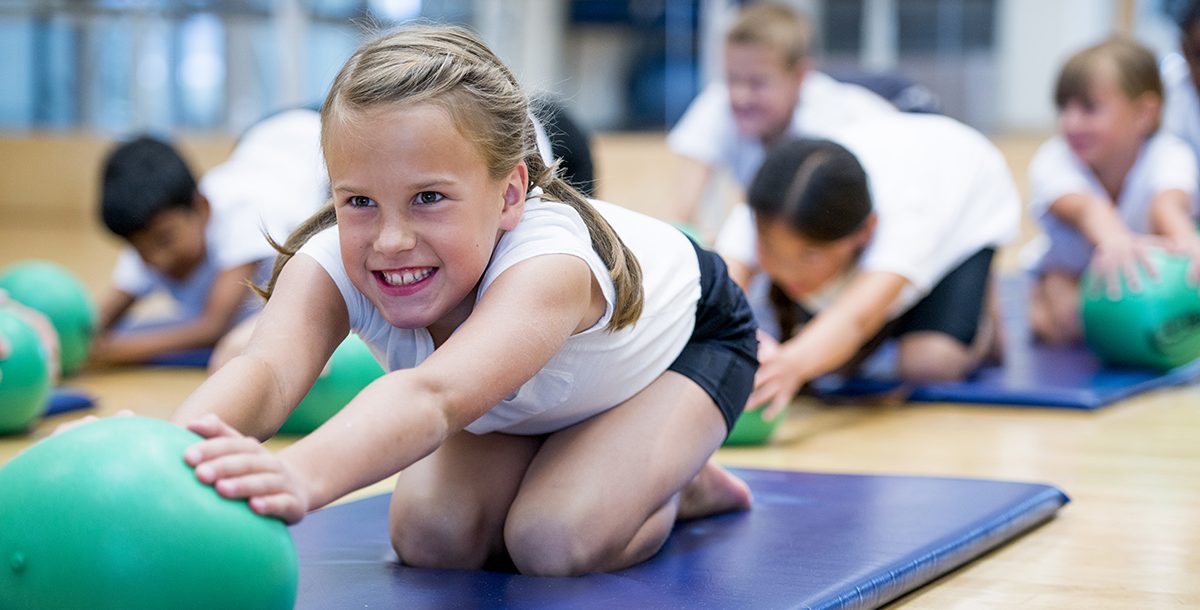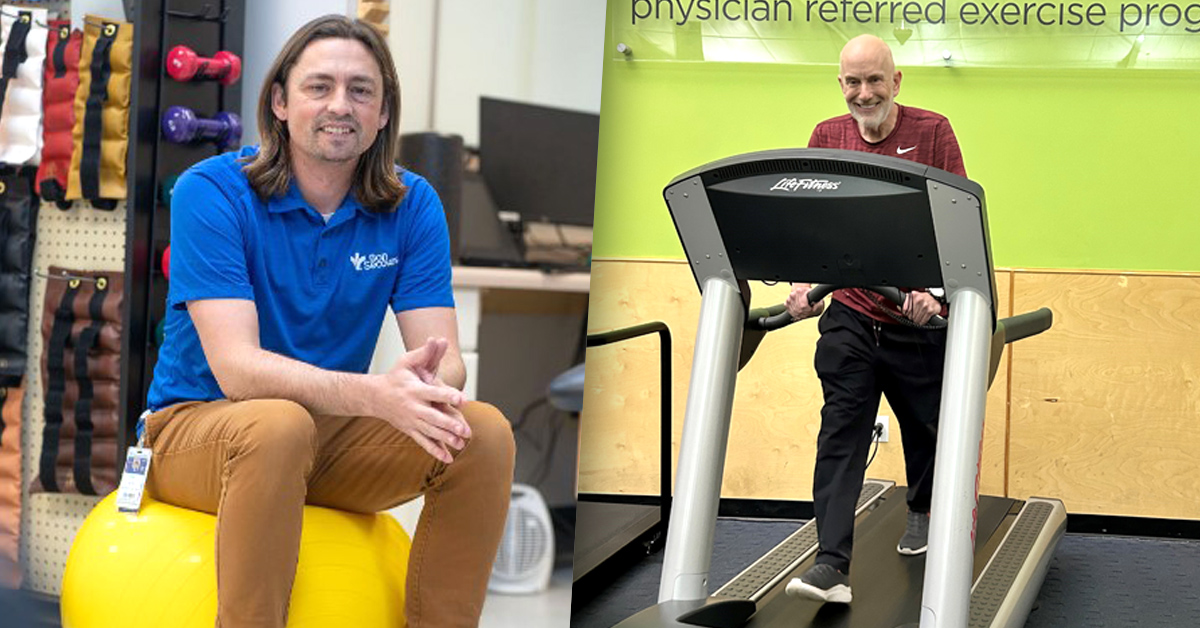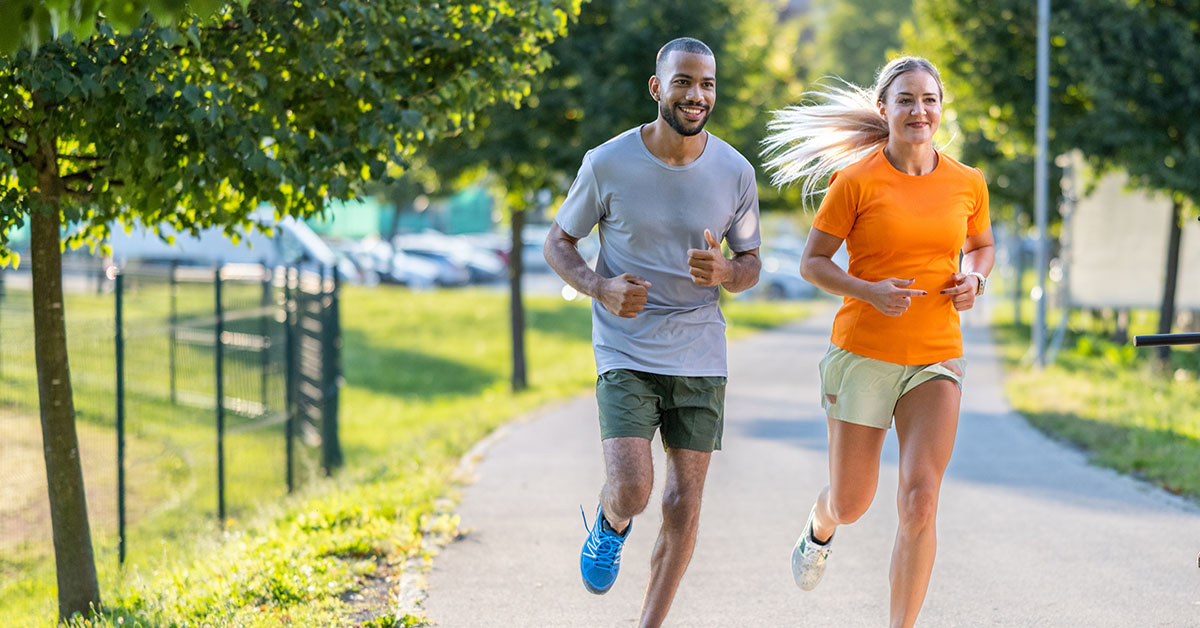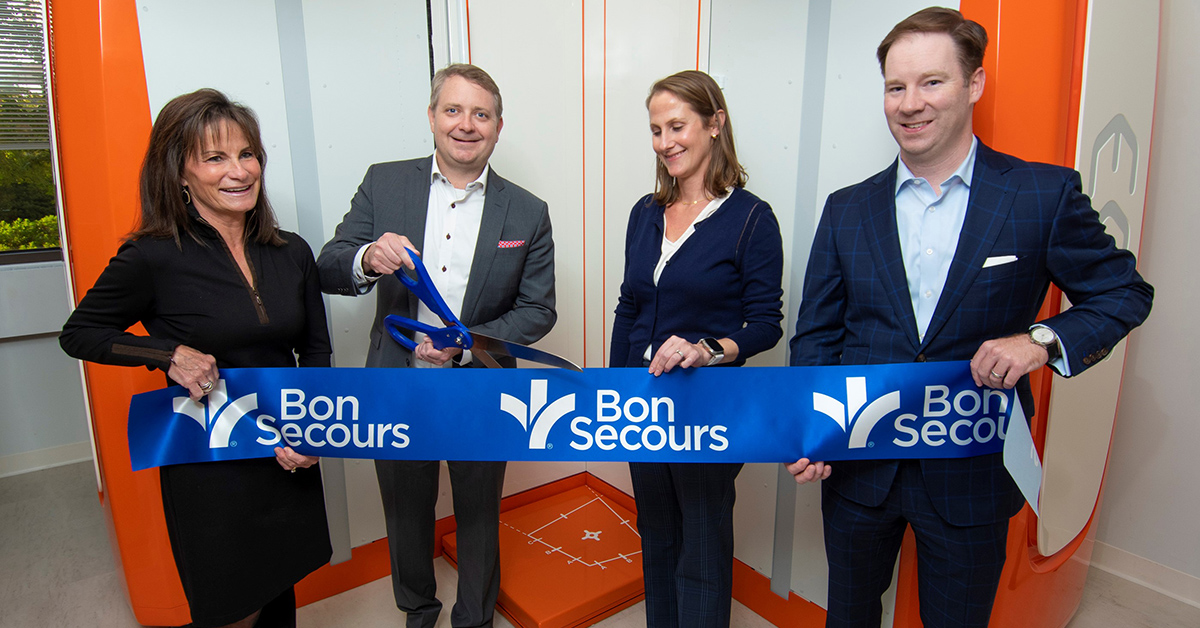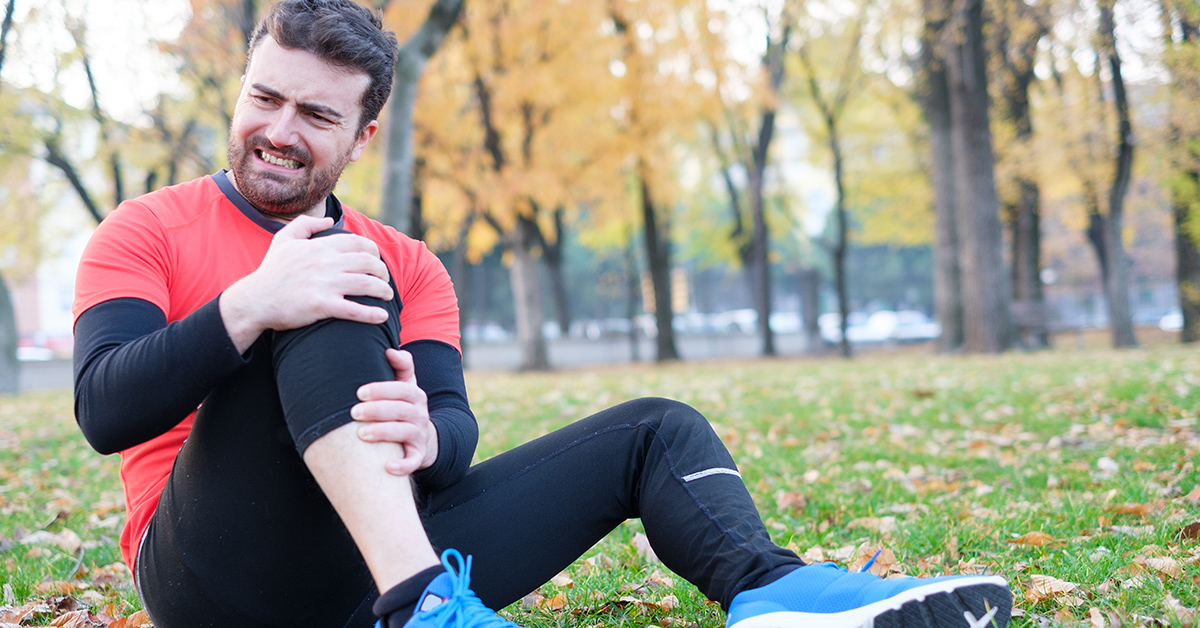School-age kids between kindergarten and high school should have at least 60 minutes of physical activity every day. Going to regular PE class is a great way for kids to be active in lots of different ways.
Activity counts as exercise when the heart is beating faster, breathing rate is faster and muscles are being used. While there are many physical health benefits associated with physical activity, there are also lots of mental health benefits as well.
Learn how PE is important for a child’s mental health.
Kids that have a chance to be physically active during the day have breaks from periods of quieter study time. This helps kids expend energy, which often helps them focus and concentrate better in the classroom.
Regular exercise has also been linked with these emotional responses in children:
- Better behavior and less acting out
- Improved self-esteem
- Improved sleep
- More confidence
- Reduced stress, anxiety and depression
- Stronger thinking skills
Additionally, researchers have discovered that children with certain behavioral diagnoses often behave better and act out less on the days they participate in physical education or some type of exercise. These include:
- Anxiety disorders
- Attention deficit hyperactivity disorder (ADHD)
- Autism
- Mood disorders
PE also helps children with their mental development.
Physical education and exercise are important for brain development in kids. Here’s why:
- Exercise helps improve the thinking process and problem-solving skills.
- Kids can remember what they’re taught and perform better on assignments and tests.
- Kids pay attention better in the classroom when they exercise.
- Kids who exercise regularly develop better hand-eye coordination.
And finally, there are many other health benefits that PE provides for kids.
When students spend time in PE during school, they often learn that they like being physical active. This can help kids to start making physical activity a priority in their lives. Maintaining a healthier weight is also linked to positive body image, which is linked to positive self-esteem. All of this is an important part of both physical and mental health.
Kids who spend time together playing active games will often make friends, which can help with any feelings of loneliness and isolation. If a child feels social anxiety in some situations, focusing on a sport or active game can be a great way to reduce those social pressures.
While it’s easy to focus on the classroom learning part of school, kids need more than just time spent at a desk. Signing children up for physical education at school or providing them with opportunities for physical activity at home have far-reaching benefits for both their tiny minds and bodies.
Learn more about the pediatric services we offer at Bon Secours as well as our behavioral and mental health services.

